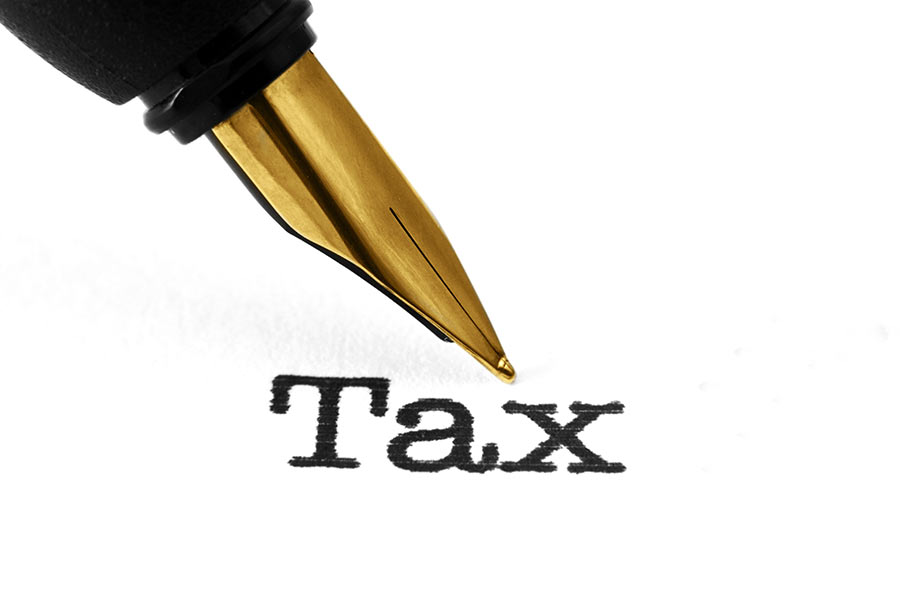
Scams Versus Legitimate Liability Collectors
Currently, there are scam artists who call people and pretend to be the IRS. These scam artists convince people to pay liabilitys they don’t even owe. Of course, the money doesn’t go to the IRS. It goes to the scam artist. How do you tell the difference between a scam and a real call?
First, the IRS always sends a letter saying that it is transferring your account to an outside collector. The liability collection company should also send you a letter. If you haven’t received a letter from the collection agency, you don’t have to talk to them. Ask them to fax or email over a copy, or tell them to call back in a few days. Sometimes, they send the letter and start calling on the same day.
Second, a legitimate liability collector should never pretend to be the IRS. Instead, they should say. I am calling from ABC Collection Company on behalf of the IRS. If they are pretending to be the IRS, they are not legitimate.
If you aren’t sure if you owe money or not, you can check at https://www.irs.gov/payments/view-your-tax-account.
Making Payments to the IRS
If the liability collector is trying to force you to use a credit card over the phone, that may be a scam. Do not give them your account number. You can make payments online or mail checks to the IRS. Checks should always be made out to the United States Treasury. Do not make out checks to the collection agency.
Payment Plans for Old Tax Liabilities
Third party liability collectors working on behalf of the IRS have the ability to set up payment plans and help organize payments. However, if you don’t want to work with the collector, you don’t have to.
If you owe less than $50,000, you can request a payment plan on the IRS’s website. Otherwise, you can send Form 9465 directly to the IRS.
Sharing Information With Liability Collectors
One of the main complaints about private liability collectors is that they have been convincing taxpayers to use retirement accounts or credit cards to pay their bills. This is a common practice among liability collectors. They steer people toward all kinds of payment options that are not in their best interest financially.
To find out about your personal finances, the collector may say something such as “I need to ask a few questions to update the file”. Then, they’ll start asking about retirement accounts, open balances on credit cards, or even car payments. You are NOT obligated to answer these questions, and the collector is only asking you to get information. They may even start asking about friends or family members.
Liability collectors often try to scare people into turning to their friends or family for help. They engage in an emotional game where they convince you that the situation is dire. They make you believe you have no other options than borrowing from your social circle.
Scare Tactics of Liability Collectors
The important thing to remember when dealing with liability collectors is—they work on commission. These private collectors are personally invested in whether or not you pay your bill, and if they smell money, they will try to coerce you into paying.
However, liability collectors are not legally allowed to lie or issue empty threats. They cannot threaten to garnish your wages or seize your assets. Only the IRS has the right to take these steps. If a tax collector is threatening these actions, they are lying, and they are breaking the law.
Your Rights With Liability Collectors
You have rights in this situation. Third-party liability collectors must abide by the FDCPA (Fair Liability Collection Practices Act). This act covers a range of liability collection activities. Here’s just some of the rules:
-
- Collectors are only allowed to call between 8am and 9pm in most areas
- Collectors cannot make multiple contact with you through the day— if you answer the phone and say you can’t pay, they aren’t legally allowed to call you again that day
- Collectors cannot harass you
- Collectors cannot call you at work if you tell them not to— on your first phone call, always tell the collector to never call your place of work
- Collectors cannot talk to others about your liability
- Collectors cannot threaten or harass you
If a collector mistreats you, tell them you know your rights. Always mention the FDCPA, and tell them that you are going to report them. Both the agency and the individual collector are liable if they harass you. If possible, consider recording the call so you have proof of the harassment.
Then, contact the IRS directly. Also, contact the attorney general in your state—they oversee private liability collection firms.
To recap, private liability collectors are now calling taxpayers about some taxes owed. If you receive a call, take steps to make sure it is not a scam. Never give your credit card information over the phone to these people. Most importantly, know your rights, and don’t let liability collectors harass you.
If you have taxes owed and you want help, call the number or fill out the form at the free consultation request form. When you have professional help, you don’t have to deal with phone calls. Your tax professional handles that for you.


Leave a Reply
You must be logged in to post a comment.